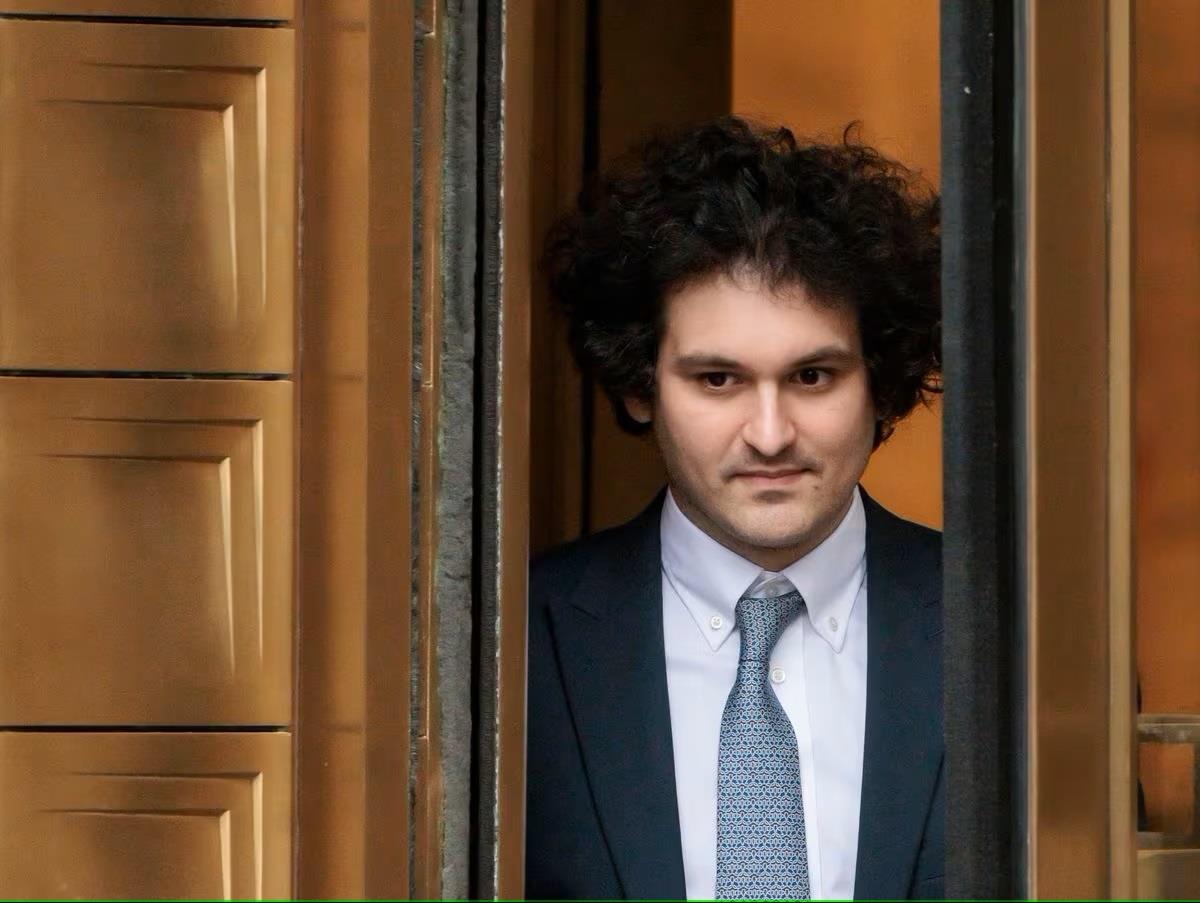
SBF Gets 25 Years Behind Bars
Bankman-Fried faced a maximum sentence of more than 100 years for the seven crimes, including several counts of fraud and money laundering. Prosecutors were demanding between 40 and 50 years, but the young man's lawyers asked for only 5 years and three months to 6 and a half years, since they assured that SBF intends to return the defrauded money to those affected.
Damian Williams, the US attorney for the Southern District of New York, said in a statement that Bankman-Fried's 25-year sentence "will prevent the defendant from ever again committing fraud and is an important message to others who might be tempted to engage in financial crimes that justice will be swift, and the consequences will be severe."
Bankman-Fried's parents, Joe Bankman and Barbara Fried, issued a statement after leaving the Manhattan courtroom Thursday, saying:“We are heartbroken and will continue to fight for our son.”
There is no possibility of parole in federal criminal cases, but Bankman-Fried can still shave time off his 25-year sentence with good behavior.
"SBF may serve as little as 12.5 years, if he gets all of the jailhouse credit available to him," Mitchell Epner, a former federal prosecutor, explained.
Federal prisoners generally can earn up to 54 days of time credit a year for good behavior, which could result in an approximately 15% reduction.
Since 2018, however, nonviolent federal inmates can reduce their sentence by as much as 50% under prison reform legislation known as the First Step Act.
Epner says the First Step Act was billed as a civil rights measure, to help minority offenders who committed non-violent drug-trafficking offenses.
"It has turned out to be an enormous boon for white-collar criminal defendants, who are already given much lower sentences ... than drug-traffickers," Epner added.
There is also a provision that allows a court to reduce a person's sentence for extraordinary and compelling reasons, which are often medical, according to Jordan Estes, a
former federal prosecutor who is now a partner at Kramer Levin.
"Since the pandemic, courts have been more willing to grant early release under this provision if the defendant has served a substantial portion of his or her sentence,” Estes said.

Legal Disclaimer:
MENAFN provides the
information “as is” without warranty of any kind. We do not accept
any responsibility or liability for the accuracy, content, images,
videos, licenses, completeness, legality, or reliability of the information
contained in this article. If you have any complaints or copyright
issues related to this article, kindly contact the provider above.


















Comments
No comment